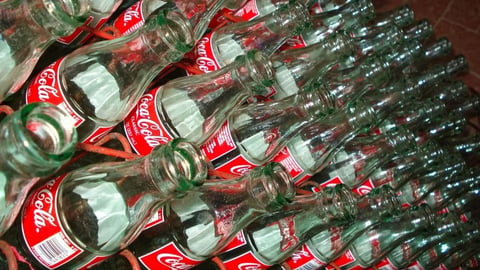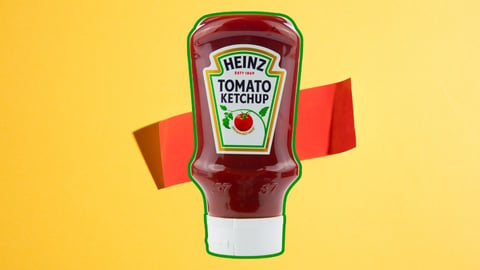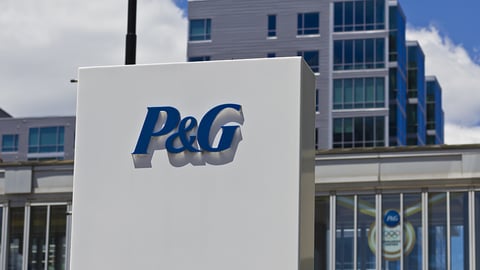How Unilever Marries Investment in People & Tech to Boost Manufacturing Productivity
While Unilever has been investing heavily in technologies such as digital twins and artificial intelligence within its supply chain over the past several years, it's a combined people-centric, tech-supported effort that’s leading to significant productivity gains within its manufacturing operations, according to a recent company blog.
Four of Unilever’s factories for the Knorr and Hellmann’s brands — Pouso Alegre, Brazil; Kilbourn, U.S.; Tianjin, China; and Poznan, Poland — were highlighted as part of the McKinsey & Company and World Economic Forum “Frontline Talent of the Future” initiative, which looks to show how investment in factory frontline talent can drive benefits for business.
Measuring Manufacturing Success
Within all participating sites, pilots showed that prioritizing talent increased productivity, operational health and safety metrics by 28%.
At three of the four Unilever sites showcased, productivity metrics saw a 27% improvement rate between 2020 and 2024, while waste-reduction metrics increased by 41%, on average. They also saw an average 11% improvement in overall equipment effectiveness (OEE), which can lead to indirect benefits such as lower costs, increased profitability and improved competitiveness, according to Unilever.
Jennifer Han, chief product supply officer for the food division, said Unilever gives its factory leaders and local HR the flexibility to adjust and improve solutions as they see fit for their site’s unique needs so they can more proactively respond to local market movements.
Also: Unilever modernizes micro-retailer supply chains with cloud and AI B2B platform
“For instance, while Kilbourn’s talent innovations aimed to address stagnant volume performance, Tianjin’s goal was to upgrade their talent, offering to meet the rapid business growth and digital transformation in the region,” she added.
Use Cases in Action
The pilots ensure employees are prepared to take advantage of tools available to them, such as AI, robotics and other digital technologies.
For example, at the company’s Brazil factory, the talent innovation program runs on a digital transformation strategy that combines technical training with education in soft skills to create “a dynamic environment of innovation, collaboration and continuous growth that empowers our team to tackle digital challenges,” said Han.
Also: Unilever works with Amazon on Kaizen-optimized supply chain
In Poznan, employees have harnessed new AI and automated solutions to free themselves up for higher-value tasks, while in Tianjin, the company provides training systems using digital tools to enhance employee skills in data analysis, visualization and interpretation.
These efforts contributed to a 79% increase in employee engagement at Poznan between 2021 and 2024, and a 98% employee engagement score in 2024 for Tianjin.
In the Kilbourn location, Unilever’s largest condiments factory, a working culture of optimization and innovation contributed to OEE scores being increased by 16%, while production waste was reduced by 42%.
“It is only when teams and technology are working in harmony that we can achieve the optimized productivity we are aiming for,” said Richard Sharp, the chief HR officer responsible for supply chain.






